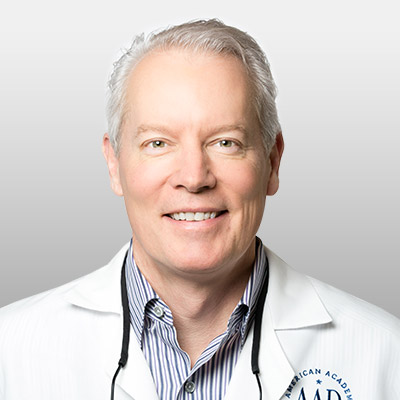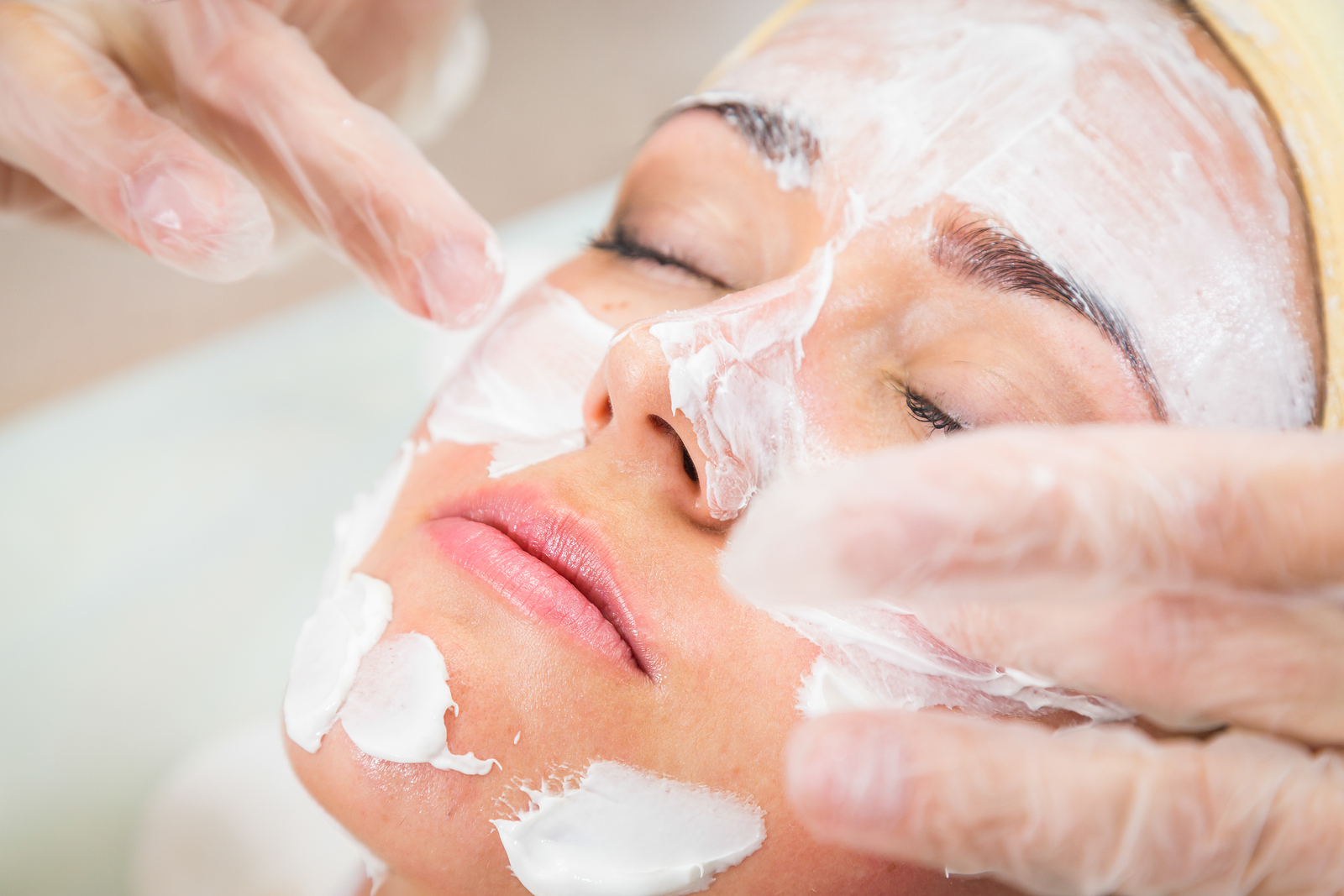It’s hard to make a change. But how long have you been following skin care advice based on myths? The more you learn about face skin care, the more you’ll see it’s time to change a few things.
Maybe you’ve been stressing out about how food makes your face break out. Or perhaps you’ve been spending too much on products that aren’t worth the money.
Check out these skin care myths to see if you’ve bought into them.
Top Skin Care Myths
1. Expensive Skin Care Products Are Better Than Cheap Ones
Nope. You need to look at the active ingredients, not the price tag, to determine what skin care products will be most effective for you. For example, some skin conditions respond to a benzoyl peroxide ingredient, while others need salicylic acid to treat the issue. And we should all use a gentle cleanser daily. Keep it simple, and choose a Cetaphil or CeraVe wash rather than a high-dollar cosmetic product.
2. Food and Diet Make a Big Difference to Your Skin
There’s a lack of research to support this. A few studies suggest that an overload of sugary drinks or dairy products affects acne, but even those draw conflicting conclusions. With other skin conditions, there’s really no connection to diet.
3. Pop Your Blackheads
Really, don’t. Instead of doing what you intend (get the gunk out), you drive the puss deeper into the skin, making the blemish worse. So, hands off.
4. Look for Natural Remedies About Face Skin Care
People are forever experimenting with lemon juice, honey, and apple cider vinegar to heal their skin problems. It may seem like a risk-free solution, but it usually makes your skin worse.
Lemon juice (citric acid) irritates the skin. Vinegar (acetic acid) works as a household antiseptic but is ineffective for skin inflammation. And honey blocks pores and traps bacteria. So resist the urge to be your own chemist and mix these solutions at home. It won’t help.
5. Use Toner for Oily Skin
Toner provides no benefit to your skin. If you have oily skin, it may feel good to have that super-dry feeling after applying toner, but that’s not a good thing. Toner is a trick. It strips your skin of the moisture it needs to stay healthy. If anything, it makes acne worse and leaves you in need of a moisturizer.
6. Essential Oils Naturally Heal Your Skin
Again, this may seem like a harmless solution to try on irritated skin. But essential oils hurt, not help, your skin. Many essential oils trigger a skin allergy, which causes a new rash to appear.
Essential oils act like an irritant. Even when they “work,” the allergen in the oil stimulates the body’s immune system to react and potentially clear up. But it’s not acting in a therapeutic way. It’s acting as an irritant.
7. Cellulite Creams Provide Long-Term Results
Cellulite creams offer a mild and short-term fix for dimpled areas, but the results won’t last. Cellulite is a structural problem with fibrous bands that hold the skin down over a fatty area. The dimples occur when the fat pushes against these fibrous bands.
Some creams contain caffeine that stimulates tighter skin briefly, but permanently smoothing out cellulite requires surgery.
8. Over-the-Counter Creams Fade Brown Spots
Of course you want to make your brown spots fade, but don’t use an over-the-counter cream to do so. Hydroquinone fade creams aren’t strong enough to fade dark spots completely. And it’s hard to apply them to the brown area alone, so you’ll end up with a slightly lighter brown spot with a ring of lighter skin around it (where the medicine went outside the dark area) surrounded by your normal skin color. It ends up looking like a target.
There’s no need to continue to try things that don’t work or worry about habits that don’t matter. If you have a skin issue you need resolved, visit your dermatologist for a consultation. They’ll find a treatment that delivers results worthy of making a change.

Dr. R. Todd Plott is a board-certified dermatologist in Coppell, Keller, and Saginaw, TX. His specialization and professional interests include treating patients suffering with acne, identifying and solving complex skin conditions such as psoriasis, rosacea, atopic dermatitis, and identifying and treating all types of skin cancers. In his spare time, Dr. Plott enjoys cycling, traveling with his wife, and spending time with his children and new grandson.
Learn more about Dr. Plott.

